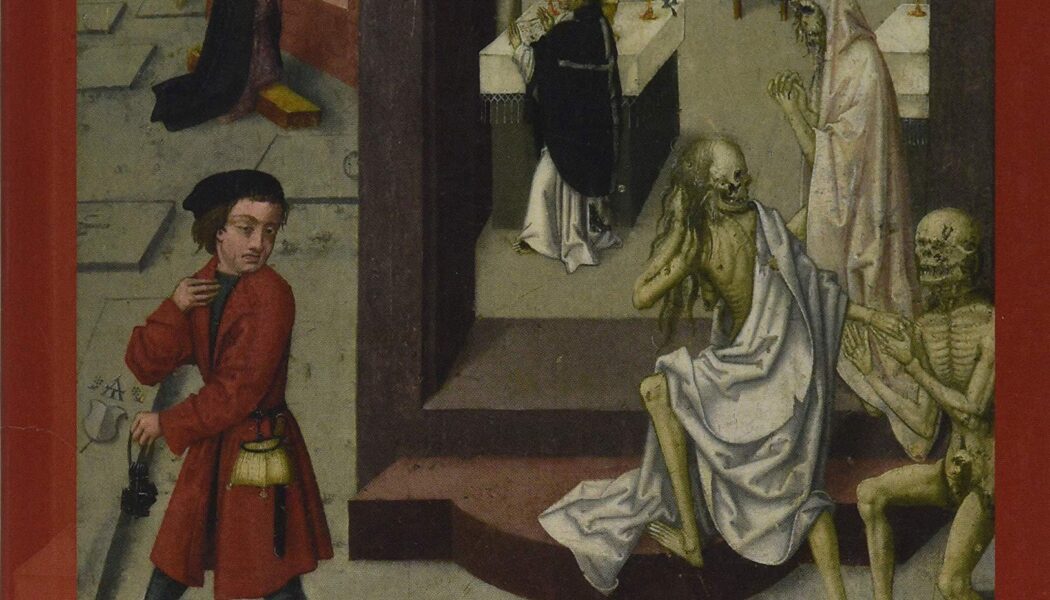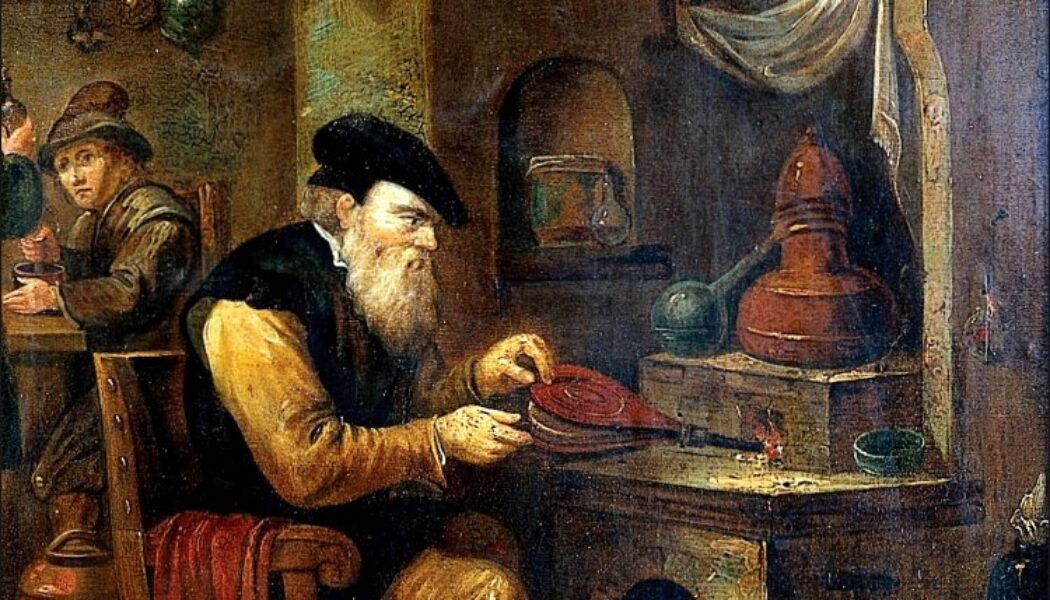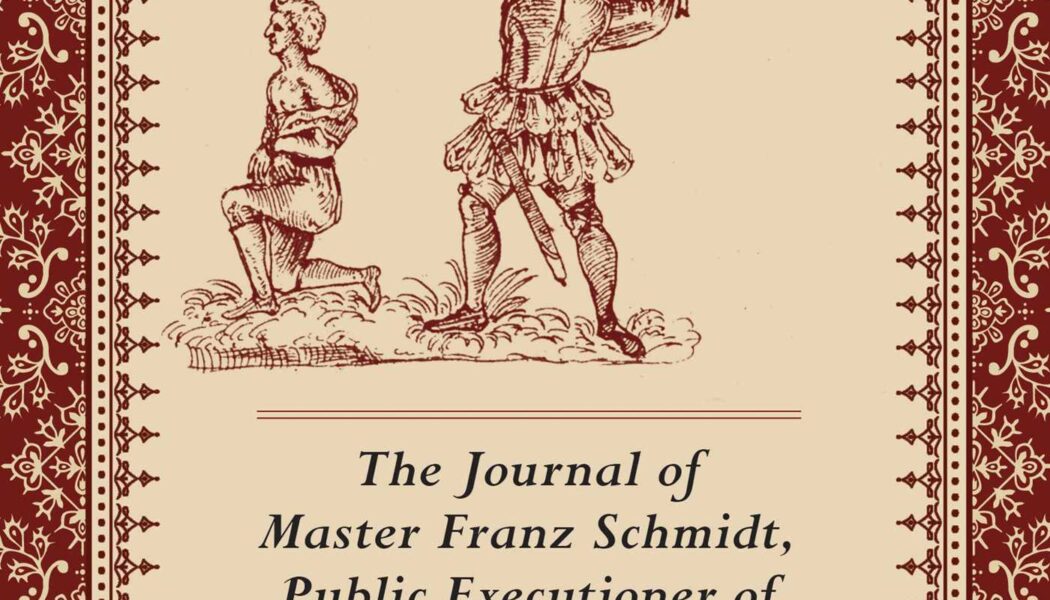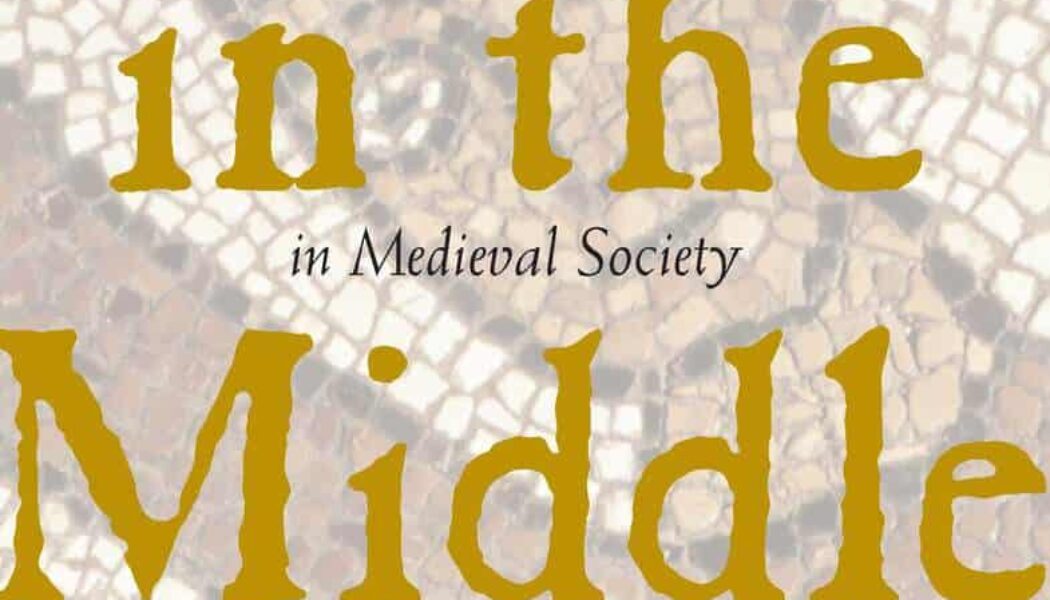dead
Toxicology in the Middle Ages & Renaissance
The book approximately covers the 1100s through the 1600s, delving into different aspects of toxicology, such as the contributions of scientific scholars of the time, sensational poisoners and poisoning cases, as well as myths. Historical figures, such as the Borgias and Catherine de Medici are discussed. Toxicologists, students, medical researchers, and those interested in the history of science will find insightful and relevant material in this volume.
A Hangman’s Diary: The Journal of Master Franz Schmidt, Public Executioner of Nuremberg 1573-1617
A Hangman’s Diary is not only a collection of detailed writings by Schmidt about his work, but also an account of criminal procedure in Germany during the Middle Ages. With analysis and explanation, editor Albrecht Keller and translators C. Calvert and A. W. Gruner have put together a masterful tome that sets the scene of execution day and puts you in Master Franz Schmidt’s shoes as he does his duty for his country. An unusual and fascinating classic of crime and punishment, A Hangman’s Diary is more than a history lesson; it shows the true anarchy that inhabited our world only a few hundred years ago.
Medieval Dead
Delve into the past as the Medieval Dead give up their secrets. Engaging accounts and background given by leaders in their field as well as reenactments help to flesh out these stories from accross the ages.
Ghosts in the Middle Ages: The Living & the Dead in Medieval Society
Through this vivid study, Jean-Claude Schmitt examines medieval religious culture and the significance of the widespread belief in ghosts, revealing the ways in which the dead and the living related to each other during the middle ages.










